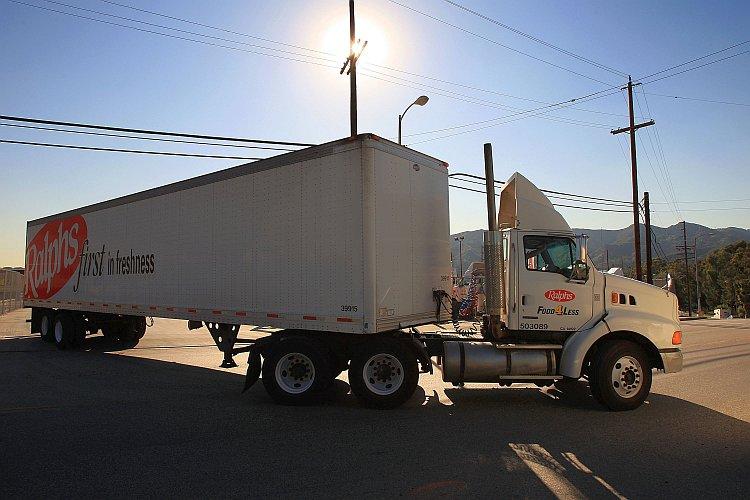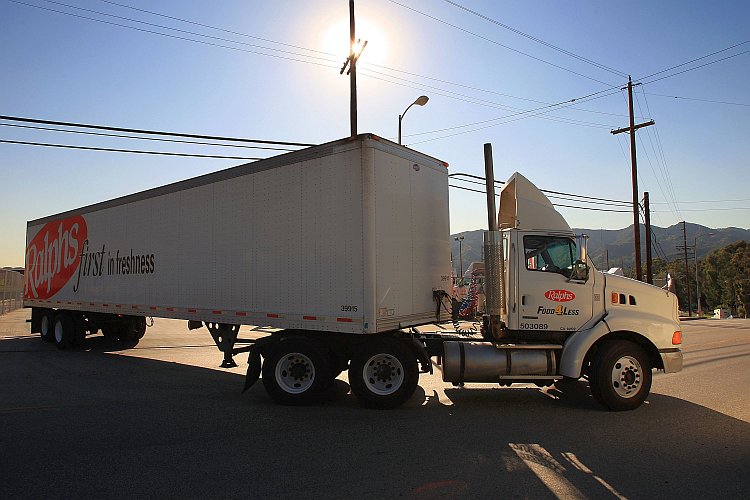The federal government is partnering with state agencies over fraud related to the false classification of employees as independent contractors, which it says is affecting Treasury revenues, and Social Security and Medicare funds.
The Louisiana Workforce Commission (LWC) recently signed a memorandum of agreement with the U.S. Department of Labor’s Wage and Hour Division (WHD). The agreement signifies a closer work relationship between the two to expose spurious classification of employees as independent contractors, WHD stated.
“Initiatives like [the memorandum] are critical in leveling the playing field for businesses that play by the rules,” said Curt Eysink, the LWC executive director, in a statement.
These memoranda of understanding came about as a result of the U.S. Department of Labor’s Misclassification Initiative, created in 2011 under Vice President Biden’s Middle Class Task Force.
States—such as California, Hawaii, and Washington—as well as New York’s Attorney General, have signed similar agreements to enforce and report deceptive classification of employees.
According to WHD, misclassified employees usually do not receive minimum wage, medical leave, or proper overtime compensation. These benefits are entitled to employees but not independent contractors, who are considered self-employed.
The WHD also reports that $5 million worth of minimum wage and overtime violations were collected in 2011 alone, under the Fair Labor Standards Act.
According to a report by the National Employment Law Project (NELP), in December 2011, 30 percent of employers falsely classified employees as independent contractors, impacting several million workers nationwide.
Based on 2006 data (the most recent) from the Government Accountability Office, the practice of misclassifying employees cost the federal government $2.72 billion in revenues, according to NELP.
Washington reports that for every dollar invested in false classification law enforcements, over $7 were brought back.
In 2010, New York lost around $170 million to unpaid state income taxes, NELP stated.
Misclassifications have risen over recent years. California employers that do not report their workers for tax reasons increased by a third from 2006 to 2008. In the following year, Ohio reported a 53.5 percent surge of misclassified workers from 2008 to 2009, according to NELP.
“Misclassification of employees is a growing problem and one of the biggest drains on unemployment insurance and workers comp funds,” said Tom Guarisco, communications director of LWC. “By cross-referencing data from the Wage and Hour Division with unemployment insurance and workers comp records we keep, the hope is we'll be better able to detect fraud.”
According to the IRS, independent contractors are workers in independent trade who offer services to the general public: doctors, lawyers, accountants, and auctioneers.
“There are no ’magical' set of factors that ’makes’ the worker an employee or an independent contractor ... The key is to look at the entire relationship,” the tax agency states. Usually, the difference between an employee and an independent contractor is that the latter has a different task than the employees.
Impact on Trucking
“In the construction industry, you have a general contractor, and they may hire electricians ... But in our industry, truckers hire truckers,” president of New York Motor Truck, Kendra Adams, said on Truckinginfo.com.
A small trucking company may be getting more business than the trucks they own, Adams explains. Therefore, truck owners are hired to lease their trucks while driving for the company, which is considered an independent contractor.
Adams “questions whether misclassification is truly a problem in the state’s trucking industry.” Cornell University’s study on New York misclassification in New York 2007 claims the trucking industry has a high rate of improper classification, but without proof, she said.
“There is nothing in the report to support the sponsors’ memo allegation that the trucking industry has a higher than average employee misclassification rate,” Adam said. “The only direct reference to the trucking industry in the entire 16-page study is found in a footnote.”
The Corporation Secretary, a Wyoming company that provides guidance on “'best practices’ in corporate governance for privately held corporations and limited liability companies,” warns agencies to have meticulous evidence before accusing a company of misclassification.
Not only will it be costly for employers, but some state laws allow a workers’ compensation board to issue a “stop work order, which halts a company from continuing business until all penalties are paid,” Corporation Secretary stated.






